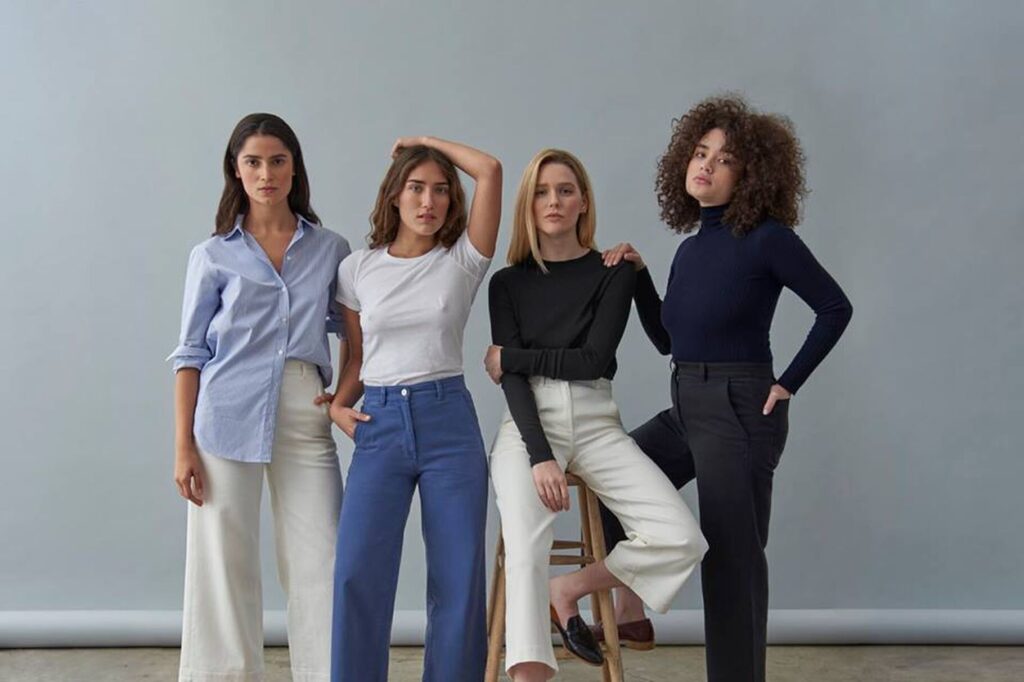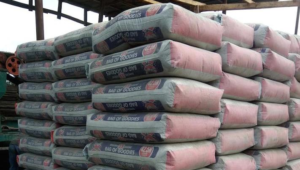Ethical Fashion Brands For Women and What To Look Out For

This blog content delves into the world of ethical fashion brands for women and what you should be on the lookout for when making your sustainable wardrobe choices.
The fashion industry is one of the most polluting industries in the world, accounting for 10% of global carbon emissions and 20% of wastewater.
It also has a poor track record on labor rights, with many workers in developing countries paid low wages and forced to work in unsafe conditions.
Ethical Fashion – A Solution
Ethical fashion is a response to the growing concerns about the fashion industry’s environmental and social impacts.
As the fashion industry became more global and fast-paced, issues such as exploitative labor practices and excessive waste came to light.
In response, ethical fashion emerged as a solution, advocating for responsible sourcing, fair labor conditions, and environmentally friendly practices.
Evolvement of the term “Fashion”
In today’s world, the term “fashion” has evolved to encompass not only style but also responsibility. Ethical fashion is a movement that has gained significant momentum in recent years.
It’s a conscious choice to wear clothing that not only looks good but also does good.
Benefits of Ethical Fashion
A. Quality and Longevity
One of the key advantages of ethical fashion is the superior quality of the clothing. These brands prioritize craftsmanship, ensuring that their products are made to last, reducing the need for constant replacements.
B. Environmental Responsibility
Ethical fashion brands often use sustainable materials and eco-friendly production methods, reducing their carbon footprint and promoting a healthier planet.
C. Supporting Fair Labor
By choosing ethical fashion brands, you contribute to fair wages and improved working conditions for those involved in the garment-making process.
Choosing Ethical Fashion Brands
Factors to Consider
When selecting ethical fashion brands, there are several factors to keep in mind:
- Transparency: Look for brands that are transparent about their sourcing, manufacturing, and labor practices.
- Certifications: Check for certifications such as Fair Trade, GOTS, or B Corp, which validate a brand’s ethical claims.
- Sustainability: Assess the use of sustainable materials, recycling programs, and eco-friendly packaging.
- Community Engagement: Brands that engage with and give back to their communities often align with ethical values.
But there is a growing movement of ethical fashion brands that are committed to sustainability and fair labor practices.
These brands are using sustainable materials, reducing their environmental impact, and paying their workers fair wages.
If you’re looking to shop more ethically, here’s what to look out for:
- Transparency: Ethical fashion brands should be transparent about their supply chain and manufacturing practices. Look for brands that publish their sustainability reports and list their suppliers on their website.
- Sustainable materials: Ethical fashion brands often use sustainable materials such as organic cotton, recycled polyester, and Tencel. Look for brands that specify the materials used in their products and that have certifications such as GOTS and OEKO-TEX.
- Fair labor practices: Ethical fashion brands should pay their workers fair wages and provide them with safe working conditions. Look for brands that are certified by fair trade organizations such as Fairtrade International and WFTO.
Top picks for ethical fashion brands for women
Here are a few of our top picks for ethical fashion brands for women:
- Reformation: Reformation is a popular ethical fashion brand that is known for its sustainable dresses and tops. The brand uses sustainable materials such as recycled polyester and organic cotton, and it publishes a sustainability report each year.

Reformation fashion brand - Everlane: Everlane is another popular ethical fashion brand that is known for its transparency. The brand publishes a “Radical Transparency” page on its website where it lists the cost of each item, including the cost of materials, labor, and transportation.

Everlane ethical fashion brand - Eileen Fisher: Eileen Fisher is a sustainable fashion brand that is known for its classic and timeless pieces. The brand uses sustainable materials such as organic cotton and Tencel, and it is certified by Fairtrade International.

Eileen Fisher fashion brand - Patagonia: Patagonia is a sustainable outdoor apparel brand that is known for its commitment to environmental activism. The brand uses sustainable materials such as organic cotton and recycled polyester, and it donates 1% of its sales to environmental causes.

Patagonia fashion brand - Madewell: Madewell is a sustainable fashion brand that is known for its denim and casual wear. The brand uses sustainable materials such as organic cotton and recycled polyester, and it is committed to reducing its environmental impact.
FAQs
FAQ 1: What makes a fashion brand ethical?
An ethical fashion brand prioritizes responsible sourcing, fair labor conditions, and environmentally friendly practices.
FAQ 2: How can I identify an ethical fashion brand?
Look for transparency, certifications, sustainable materials, and community engagement in a brand’s practices.
FAQ 3: Are ethical fashion brands more expensive?
While they may have higher initial costs, ethical fashion often offers better value due to its quality and longevity.
FAQ 4: How does ethical fashion benefit the environment?
Ethical fashion reduces environmental impact through sustainable materials and eco-friendly production methods.
FAQ 5: What role do consumers play in promoting ethical fashion?
Consumers drive change by choosing ethical fashion, encouraging others to do the same and supporting brands with responsible practices.
Choosing from the Best
There are many ethical fashion brands for women to choose from. By looking for brands that are transparent, use sustainable materials, and have fair labor practices, you can shop more ethically and help to reduce the fashion industry’s environmental impact.






